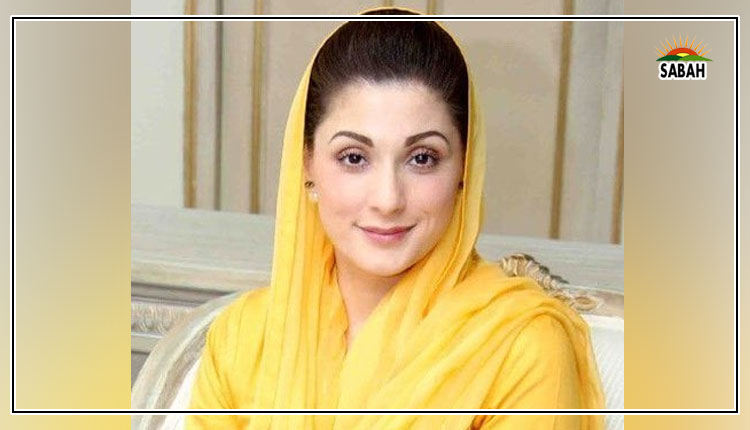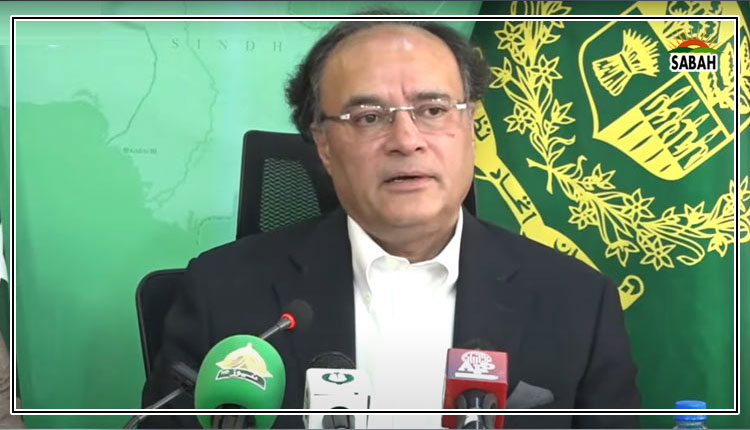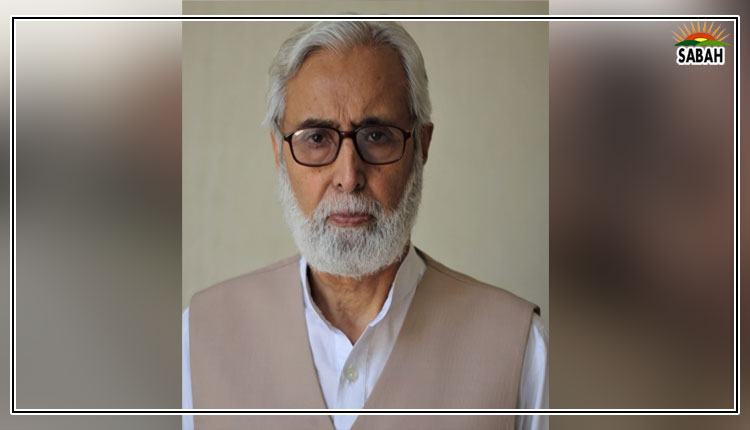Can America ignore us?۔۔۔Abdul Sattar
The US does not seem to be concerned about the financial difficulties Pakistan is going through despite the fact that Pakistan has been an ally of the US for decades. Although the country has met multiple conditions of the IMF, it is yet to receive the much-needed tranche that might boost its foreign exchange reserves and mitigate its economic hardships.
Pakistan has to pay over $3 billion in debt repayment in June alone, which is likely to further deplete its current reserves. The global financial body gives the impression that the delay is being caused by the lack of financial reforms which Islamabad is reluctant to undertake. However, others believe the delay is more political in nature.
There is a perception in Pakistan that the West wants to see Chinese influence reduced in a state that has been a Western ally during the cold war and the war on terror. Since Pakistans financial situation is precarious, the US is taking advantage of it, pressuring Islamabad to keep a distance from Beijing.
For Islamabad, this is not easy. Not only is China one of Pakistans biggest lenders, it is also a strategic ally that might go out of its way to help Pakistan in the case of crisis. The hope of getting some help during testing times cannot be pinned on Washington that seemingly prefers New Delhi over Islamabad.
Even during the war on terror, when Pakistan was a frontline state facing the brunt of American policies, the then US administration appeased India by offering it a deal in civil-nuclear technology. American companies struck a number of deals that were meant to promote joint ventures between the commercial and manufacturing entities of the two countries. Washington also preferred India in strategic matters, inducting it in the four-nation alliance apparently against China.
Pakistani policymakers were shocked by the USs approach. The civil-nuclear deal especially did not go down well with Islamabad as policymakers here thought it could greatly disturb the strategic balance in the region. Pakistanis were also furious at the tremendous pressure the US was piling over Islamabads failure in reining in terror outfits while ignoring saffron terror in India that targeted Muslims, Christians, Dalits and other minorities as well. American reports also appeared to be discriminatory when it came to highlighting the treatment of various marginalized groups in Pakistan and India.
This created an impression in Islamabad that the US is not a reliable ally forcing Pakistani politicians to shift their focus towards the East. Islamabad decided to hobnob with Moscow and get even closer to Beijing, sharing the idea that regional cohesiveness should be promoted. Pakistan became one of the important components of Chinas Belt and Road Initiative (BRI) which saw more than $30 billion Chinese investment in the country. Despite terrorist attacks on the Chinese and difficult circumstances, Beijing remained undeterred, accomplishing most of the projects under the China Pakistan Economic Corridor.
Now a rail route link project has also been proposed at some levels in China which might further cement the ties between the two traditional allies. The project is believed to be worth over $50 billion and will link Balochistan to Western China. If accomplished, the project could provide an alternate route to Chinese companies that heavily rely on the Strait of Malacca, which seems to have a significant American presence and could create problems for China.
After the 1949 communist revolution in China, American policymakers were disappointed over the fact that they could not pay enough attention to China. Now it seems that if the US does not pay enough attention to Islamabad, it might lose one of its closest allies in a region where it already has few friends. What American policymakers fail to understand is the grim reality of todays multipolar world where smaller states cannot be pressured into accepting any demand by showing military muscles or immense financial clout.
The history of international relations tells us that sometimes smaller states do not take dictation from big powers; they rather come up with their policies reflecting their national interests. During World War I and II, it was the smaller states of western, central and eastern Europe that aligned themselves with various powers, keeping in view their national interests. Since the demise of the Soviet Union, Central Asian and some other states of the region have also been demonstrating this tendency of once protecting national interests.
The US is mistaken if it thinks that Pakistan can take a course of action that might go against its national interests. Despite facing a myriad of economic problems, Pakistan still seems to have options while the US is running out of them. Pakistan could join the regional cooperation initiative that could help it secure cheap oil and gas from Russia and heavy investments from China. It could immensely benefit from the regional connectivity which might help it secure revenues in the form of transit fees. Given the close proximity between New Delhi and Washington, the two rivals of India can come up with a joint strategy to counter the menace of saffron terror and a hegemonic India that seeks to dominate the region.
The US seems to be ignoring this region because of the Ukrainian war. But it is clear that it has almost no allies in the region. Russia and China are considered the biggest enemies of the US. Iranian influence is viewed with suspicion in the power corridors of Washington. Central Asian states might not want to pick a fight with the US, but they cannot afford to infuriate Russia either and would prefer to be under the influence of Moscow.
The Afghan Taliban are more interested in extracting concessions from whichever country they can get. They not only hobnob with Moscow but also try to secure Chinese investment to extract mineral wealth that lies in central and other parts of Afghanistan. The US cannot depend on India which at times could completely ignore Washington for the sake of its interests.
Given this situation, Pakistan is the only regional country which has not thrown its weight behind any single global power. Islamabad seems to be seeking good ties with Beijing, Moscow and Washington. It does not want to harm American interests but at the same time it will not go against the interest of any global or regional power. It is doing what any nation state would like to do, which is to protect its national interests and maintain cordial ties with global and regional powers.
If the West believes that Pakistan can be coerced into adopting an anti-China policy by carrying out the economic and financial strangulation of the country, it is badly mistaken. There have been certain times where Pakistan refused to budge from its position. Even during the cold war, it continued to work on its strategic assets besides enjoying good ties with Beijing despite pressure from the US. It rather helped the US restore diplomatic ties with China.
Therefore, isolating such a country and piling unreasonable pressure on it goes against the interests of the US, which might face difficulties while finding an ally in the region in the coming years. Policymakers in Washington should ask themselves if they can afford to ignore Pakistan in this emerging world of multi-polarity.
Courtesy The News












